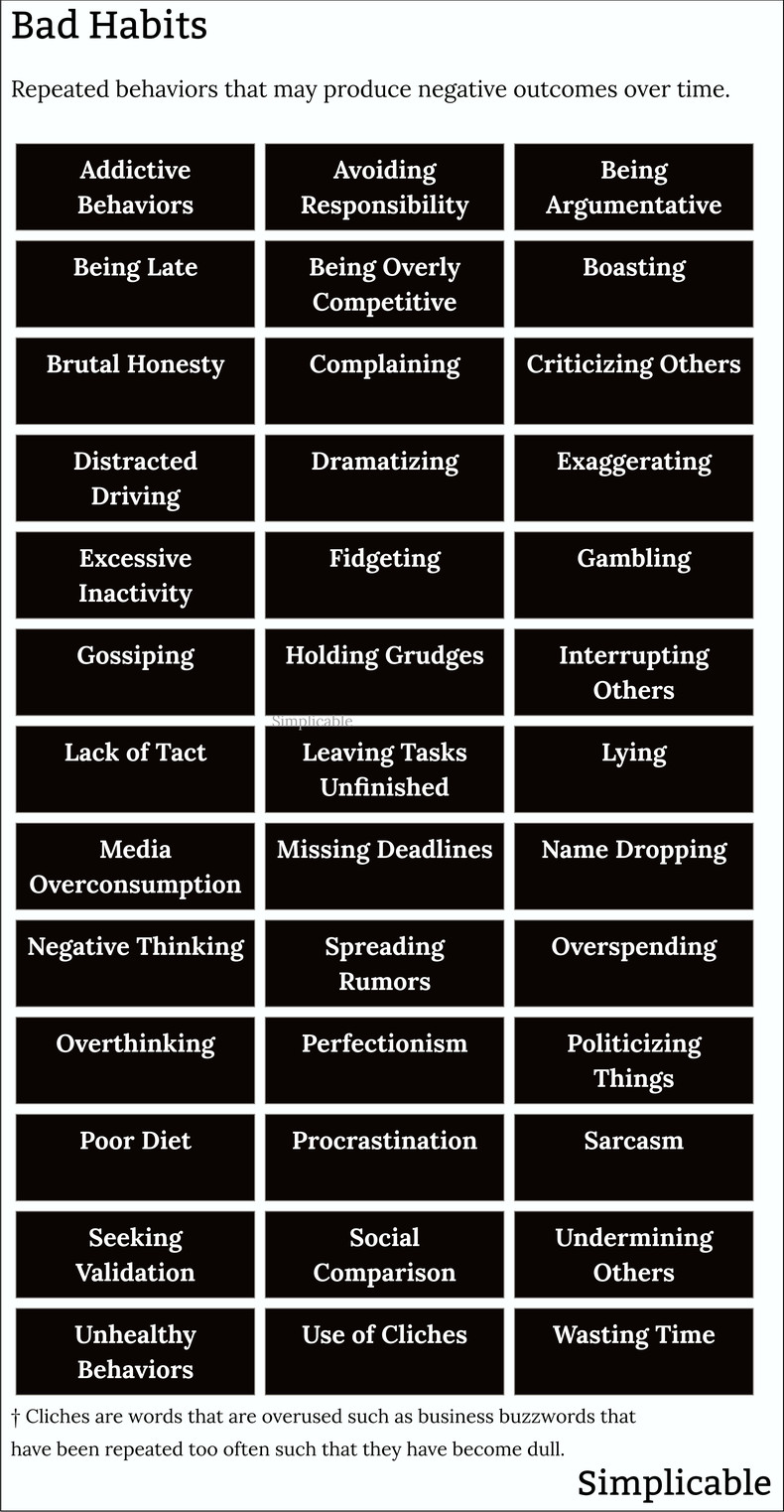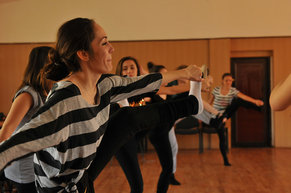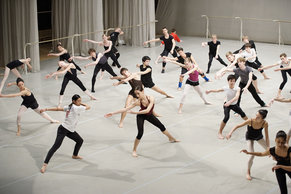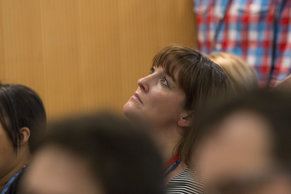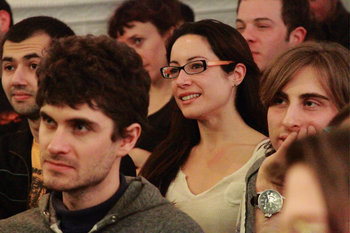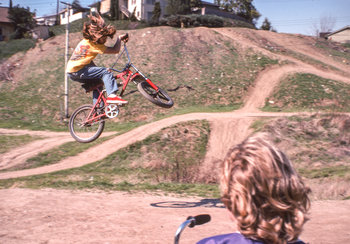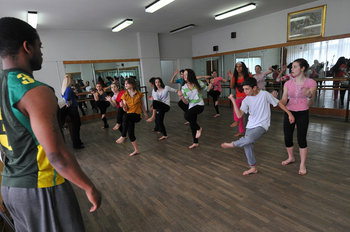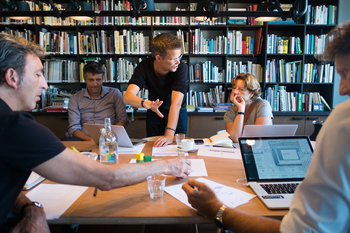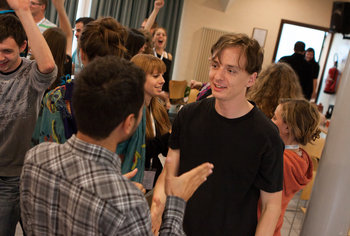
Addictive Behaviors | Arguing / Debating |
Asking for Help | Avoiding Action Items |
Avoiding Distractions | Avoiding Risk |
Bedtime | Being Late |
Being on Time | Boasting |
Body Language | Building Relationships |
Candor | Checklists |
Cleaning | Commute (e.g. cycling to work) |
Complaining | Conformance to Norms |
Contacting Others (e.g. calling parents) | Cooking |
Critical Thinking | Criticizing Others |
Cruel Wit | Daydreaming |
Delivering to Commitments | Design Thinking |
Diet | Diligence |
Dramatizing | Emotional Thinking |
Entertainment Consumption | Exaggerating |
Exercise | Fashion (e.g. dressing professionally) |
Fidgeting | Figures of Speech |
Gambling | Getting Up Early / Late |
Gossiping | Gratitude |
Greeting People | Helping Others |
Hobbies | Honesty |
Humor | Immersive Experiences (e.g. Video Games) |
Interrupting Others | Introspection |
Intuition | Knowledge of Performance |
Learning | Leisure |
Listening | Lying |
Managing Risk | Measuring & Optimizing |
Media Consumption | Messiness |
Mise en Place | Missing Deadlines |
Multi-tasking | Name Dropping |
Negative Thinking | Nightlife |
Not Listening When Others Speak | Overspending |
Overthinking | Personal Hygiene |
Personal Reflection | Politeness |
Politicizing Things | Positive Thinking |
Preparing for Meetings | Procrastinating |
Questioning Authority | Reading |
Recreation | Repetitive Movements (e.g. shaking leg) |
Researching When Curious | Safety Practices (e.g. signaling before changing lanes) |
Saving | Self-Criticism |
Self-Direction | Self-Improvement |
Shopping | Single-Tasking |
Social Comparison | Social Meals |
Spiritual & Meditative Practices | Supporting Others |
Sustaining Relationships | Systems Thinking |
Taking Action Items | Taking Risks |
Tracking Budgets & Spending | Trusting Others |
Undermining Others | Use of Cliches |
Voicing Opinions | Word Choice |
Worrying |
Good Habits
Habits are commonly viewed as either good or bad. In practice, there is much nuance with respect to habits whereby it depends on the details of what you are doing. For example, cleaning is a good habit but could be inefficient or even problematic if you're doing it too much. The following are arguably good habits.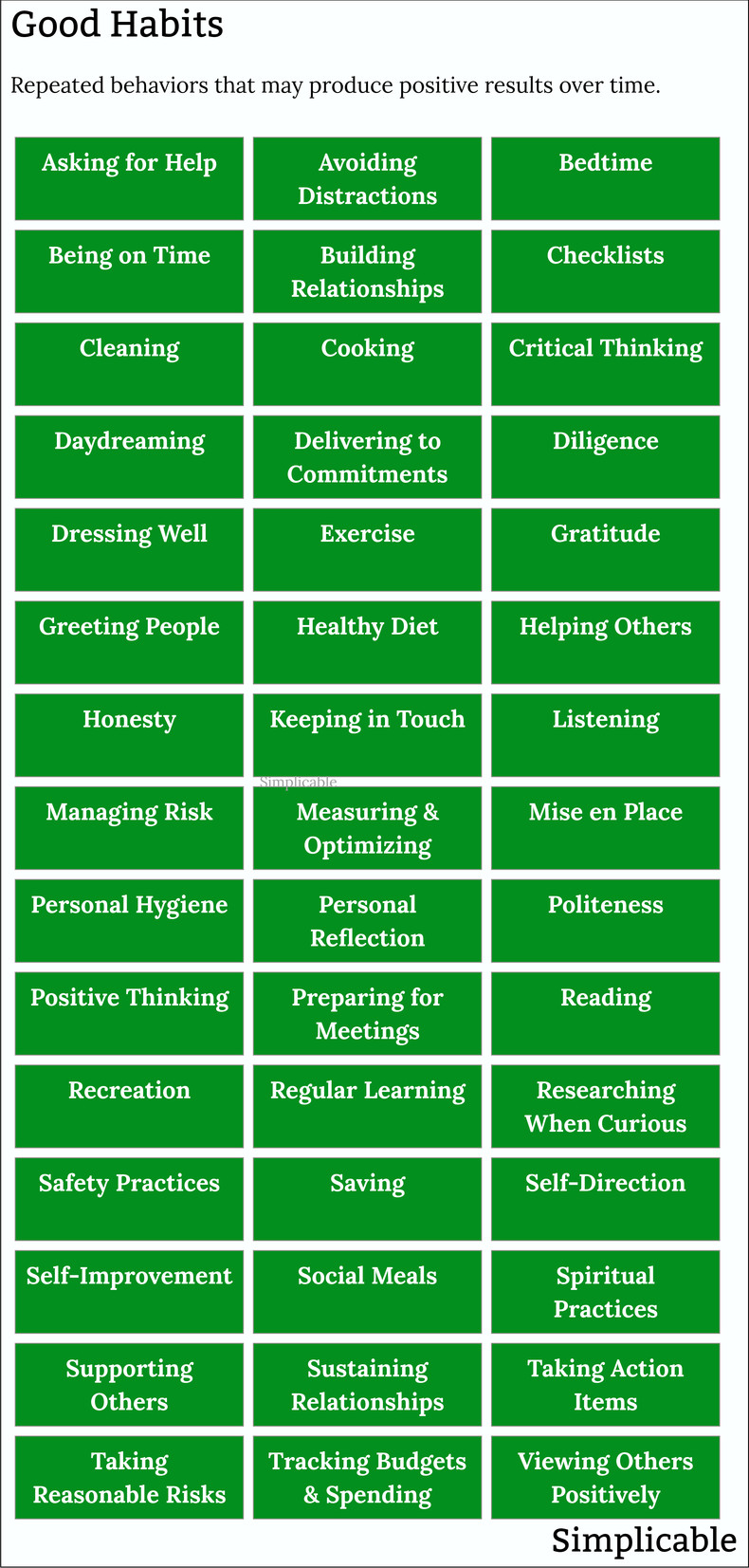
Bad Habits
Habits that may produce negative outcomes overtime. For example, a habit of being sarcastic that may provoke negative responses and damage relationships over time.